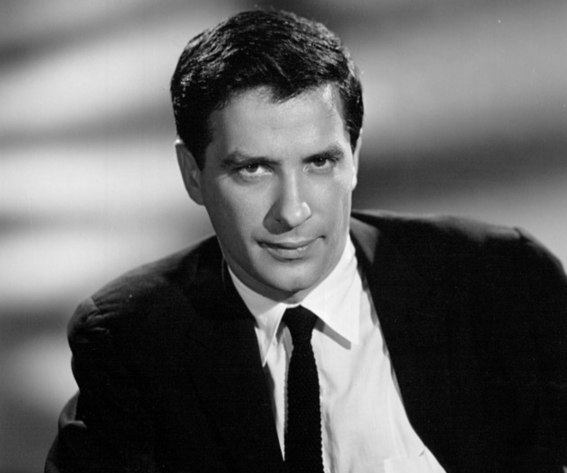Being a self-declared cinephile has led me across countless filmmakers, writers, actors, and genres, with John Cassavetes being atop my watchlist for a while. Like many of you, I’m a massive fan of Criterion Collection’s Closet Picks, and the number of actors or filmmakers that drop Cassavetes is astonishing. It seems every Winona Ryder or Ethan Hawke says Cassavetes at some point during their scramble.
Admittedly, I was only aware of Cassavetes’s influence once I got into this series a few years ago and dove into the filmmaker after hearing the name for years on end. Upon a glance, Cassavetes is an admirable filmmaker with the anti-entertainment ethos that so many arty film snobs (like myself) possess. Edgy, I know.
A Cassavetes film is a unique experience, with long scenes of people engaging in raw, unpolished dialogue, presented with a meticulous attention to detail. These films demand a bit of effort from the viewer, but the payoff is immense. As you begin to understand the characters and their decisions, it’s like unlocking the secrets of a dense book–a significant commitment, but one that promises a substantial reward.
Beginning with Love Streams (1984) or A Woman Under The Influence (1974)
I’d recommend starting with Cassavetes in 1984’s Love Streams, or 1974’s A Woman Under the Influence unless you pride yourself on chronologically viewing a filmmaker’s work.
His final independent feature, Love Streams—and what many consider his last since he took over production of 1986’s Big Trouble halfway through and despised the film—is excellent and arguably has Cassavetes best performance. The film follows a middle-aged brother (Cassavetes) and sister (Gena Rowlands) who, despite their dysfunctional relationship, must turn to each other for support and solace after being abandoned by their loved ones. Their complex dynamic and the emotional journey they embark on is a central theme of the film.
Love Streams encapsulates everything that makes Cassavetes’ work so compelling-a powerful performance from the filmmaker, complex, conflicted characters, and weighty subject matter. While it may lack the shaky camera work of his early films, it more than makes up for it with the emotional impact that is a hallmark of Cassavetes’ work.
If you’d instead start elsewhere, 1974’s A Woman Under The Influence is a common place to begin. It was nominated for two Academy Award nominations (Best Actress and Best Director), a testament to its powerful storytelling and performances. The story centers on a woman (Gena Rowlands) whose unconventional behavior sparks tension and conflict with her blue-collar husband (Peter Falk) and their family, making it a compelling starting point for understanding Cassavetes’ unique style and themes.
Other Films
After you’ve completed Love Streams and A Woman Under The Influence, you can freeball it and pick whatever interests you best (outside of what I think you should end with). A common pick, sometimes from the beginning, is 1976’s The Killing of a Chinese Bookie.
The film follows a proud strip club owner who must confront his own identity when his gambling addiction lands him in trouble with the mob, leaving him with only one dire choice. It’s a typical pick for many since it’s grounded in neo-noir and appears as a thrilling mob movie. You may want to view it later in his filmography since it’s much more of an arthouse flick disguised as a crime movie and focuses on the feeling of a noir rather than being one. That’s not to say it’s bad; it’s incredible; it’s just not as straightforward as it may appear.
Ending With Husbands (1970)
I made the mistake of beginning my Cassavetes journey with Husbands. The film stars Ben Gazzara, Peter Falk, and John Cassavetes as three middle-class men grappling with a midlife crisis after the death of a close friend.
I can’t use the mistake of Peter Falk being a favorite of mine since he’s also in A Woman Under The Influence. I enjoyed the film, but it’s dense viewing as a first from a filmmaker. It’s the perfect one to end with, particularly as a companion piece to A Woman Under The Influence.










Leave a reply